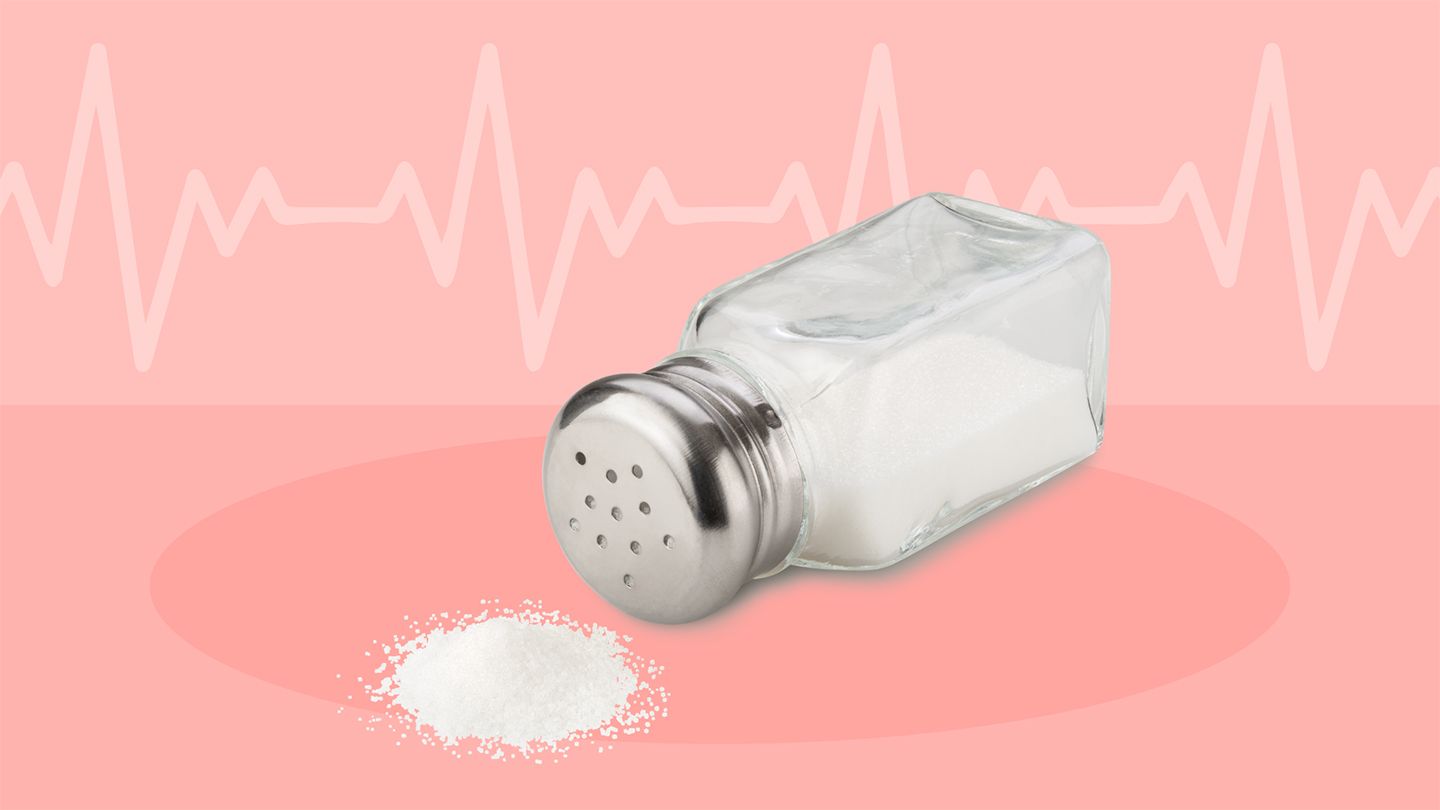There is some conflicting information in the medical literature about how much salt impacts heart health. It seems probable that some people may be more greatly harmed by excessive salt consumption than others.
A recent narrative review supports the idea that decreasing salt intake can help lower blood pressure. High sodium intake may also increase risk for a heart condition called left ventricular hypertrophy, when the heart’s main pumping chamber becomes thicker and enlarged. However, the review does acknowledge that there is a lack of long-term randomized controlled trials on salt intake and cardiovascular outcomes.
Other evidence suggests decreasing salt intake doesn’t make much of a difference. One umbrella review, a comprehensive review of reviews, suggests that following a low-salt diet does not significantly decrease risk for cardiovascular disease.
Expert opinions continue to differ. Another review concluded that the cardiovascular risk from too much salt occurs when people consume more than 5 grams (g) a day, which is more than twice the current recommended amount. In addition, the study authors wrote that existing high blood pressure can impact how much high sodium intake is healthy. For about one-third of people, salt has a more exaggerated effect on blood pressure.
For people with chronic kidney disease, consuming more sodium may increase risk for cardiovascular events. The same is true for those who are overweight.
“In general, most people benefit from avoiding excessive salt intake in the diet. Those individuals with salt sensitive hypertension, heart failure, or kidney disease may see the most benefit,” says Dr. Trivedi.
However, there aren’t many serious downsides for anyone to stop reaching for the salt shaker. Trivedi says, “limiting salt intake is part of a recommended diet for everyone as part of reducing the risk for developing these in the future.”
Read the full article here




